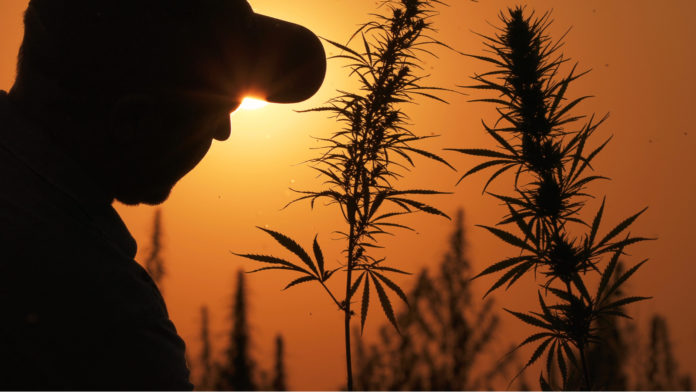COLUMBUS, Ohio – The Ohio General Assembly has passed a bill that would permit the cultivation of industrial hemp and CBD products derived from it to be sold in stores.
Senate Bill 57 now will head to Governor Mike DeWine. If signed into law, industrial hemp would no longer be in the same legal category as cannabis and would be decriminalized. Following standards set by federal regulators, industrial hemp and CBD products may not contain THC levels higher than 0.3 percent.
Though farmers and producers are seeking a legal market, some are not fully satisfied with the bill. Tim Johnson, co-founder of the Ohio Cannabis Chamber of Commerce, is fearful the bill would create too much red tape.
“For the farmers and small businesses alike, let the market work,” Johnson said in a hearing to state lawmakers.
The legislation would take effect immediately, instead of 90 days after becoming law, as many bills do in Ohio, in order to provide farmers enough time to prepare for the next harvest season in the Spring of 2020. Senate Bill 57 would also allow for the return of some retailers’ CBD products that have been seized by Ohio authorities.
Ohio House Speaker Larry Householder is hopeful that the new legislation could provide economic relief to farmers.
“Farmers are getting hit pretty hard right now with the weather and things—the tariffs and the weather,” Householder said. “I think that it now can help them a little bit. It certainly can help universities like Ohio State University, as they continue to study hemp and try to perfect seeds and such.”
While hemp prices are likely to decline over time, it has the potential to be considerably more lucrative than traditional crops, especially as a brewing trade war has hurt agricultural exports outside of the United States. Corn and soybeans typically yield between $400 to $600 per acre. Industrial hemp could bring in $6,000 to $60,000 depending on a number of factors.
Although momentum is now building for a legal hemp and CBD industry in Ohio, the state actually legalized medicinal cannabis. The medicinal cannabis program, however, has gotten off to a rocky start with only a handful of dispensaries operating and a large percentage of approved patients not making purchases.


